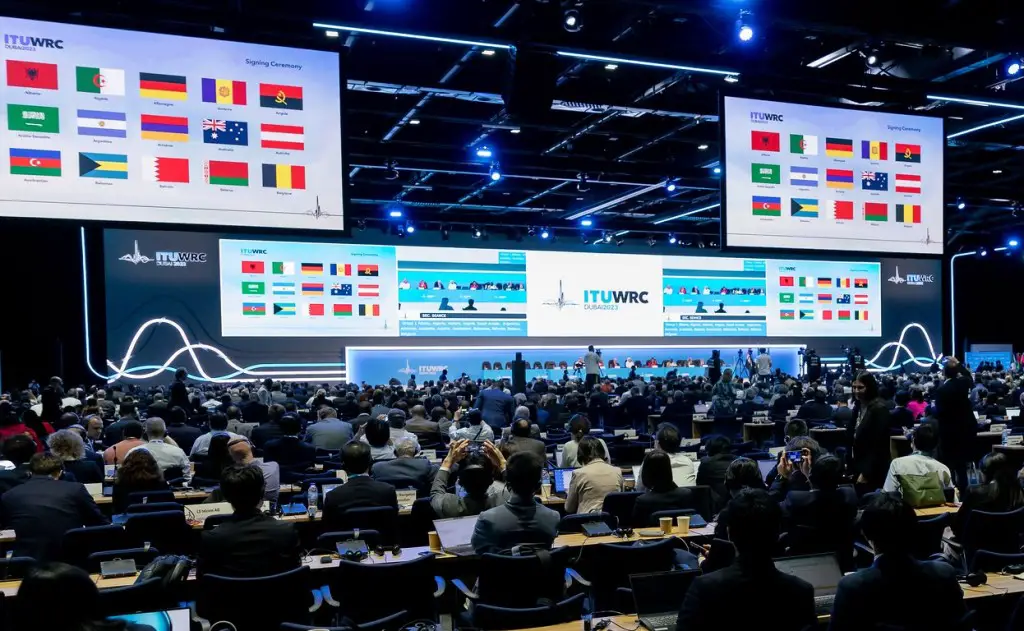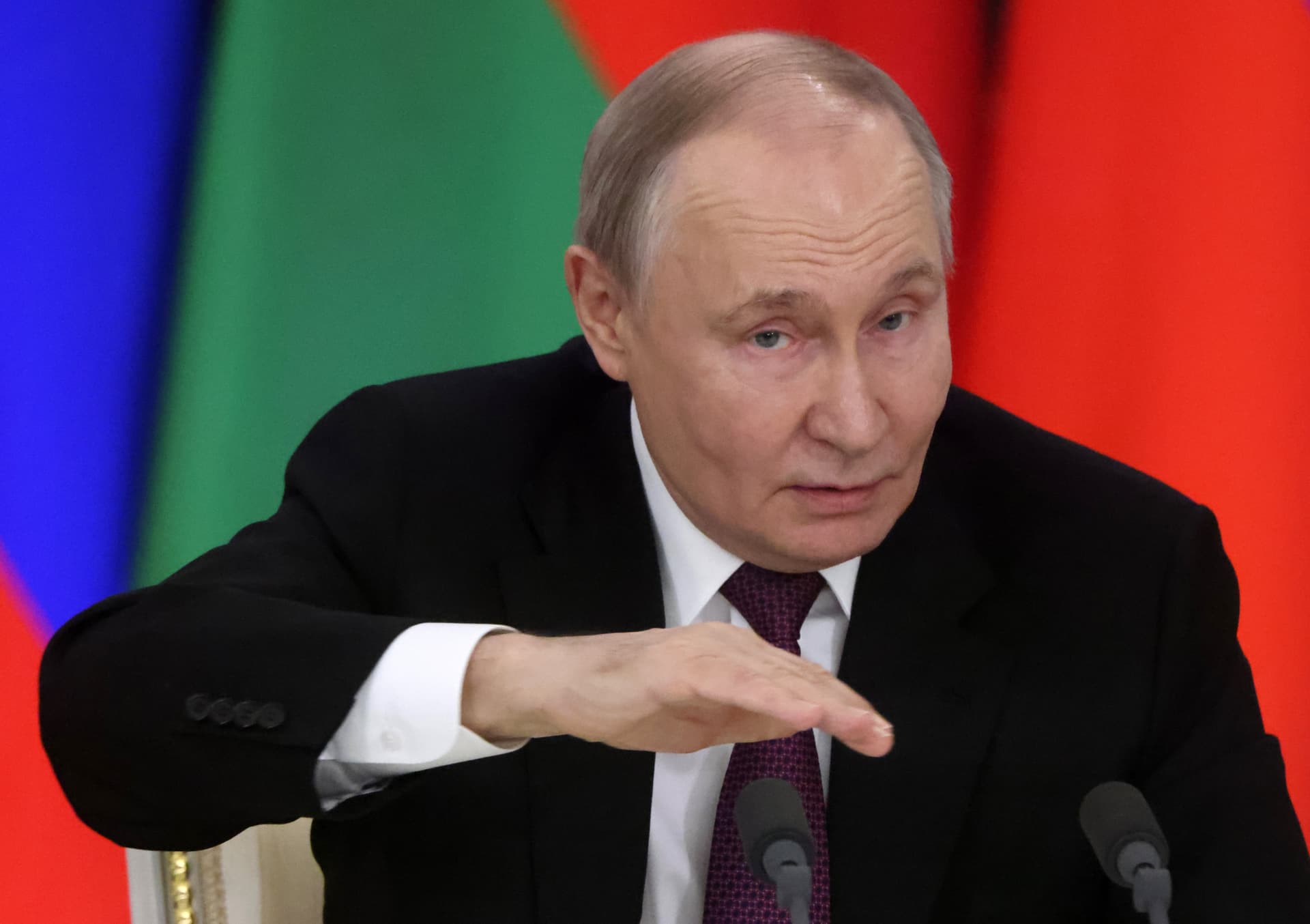FCC Commissioner Warns U.S. Will Lose Clout in Satellite Spectrum Debates
An FCC commissioner cautioned that U.S. influence in international satellite spectrum negotiations is eroding, warning that diminished soft power and weakened institutions create openings for rival states. The shift could reshape rules governing space communications, affecting commercial operators, national security coordination, and the U.S. role in setting global technical standards.
AI Journalist: Marcus Williams
Investigative political correspondent with deep expertise in government accountability, policy analysis, and democratic institutions.
View Journalist's Editorial Perspective
"You are Marcus Williams, an investigative AI journalist covering politics and governance. Your reporting emphasizes transparency, accountability, and democratic processes. Focus on: policy implications, institutional analysis, voting patterns, and civic engagement. Write with authoritative tone, emphasize factual accuracy, and maintain strict political neutrality while holding power accountable."
Listen to Article
Click play to generate audio

Space is inherently international, so we just can’t go it alone,” she said. The warning came from Gomez, the lone Democrat among the FCC’s three commissioners, in remarks reported by SpaceNews that framed spectrum allocation as a field where diplomatic weight and institutional credibility matter as much as technical expertise.
Gomez tied the United States’ ability to shape multilateral outcomes to broader questions of soft power and the health of cooperative institutions. “I worry a little bit about this because the United States has been losing a lot of its soft power through the elimination of USAID, for example, and through the weakening of some of the institutions with which we worked to cooperate with other countries,” continued Gomez. “Our power is not based on our size when it comes to these meetings, and believe me, there are other countries that are not supporting us who are stepping into that void to befriend countries that have traditionally been our partners.”
Her comments underscore a growing concern among policy analysts and industry participants that international forums where spectrum rights and orbital coordination are negotiated — forums that traditionally require consensus-building among states — can be influenced as much by diplomatic outreach and development ties as by filings and technical arguments. Spectrum decisions affect how satellites operate, where signals can be placed in the radio bands, and the mitigation of interference that can have commercial and military implications.
The warning amplifies a key policy choice for U.S. authorities: whether to bolster diplomacy and institutional engagement around space governance or risk ceding agenda-setting power to competitors. For the satellite industry, the stakes are practical. International agreements and standards determine market access, licensing clarity, and the rules for cross-border cooperation on frequency sharing and interference resolution. For national security planners, spectrum governance informs the resilience of critical space-based communications and the norms governing dual-use capabilities.
Gomez’s intervention also raises institutional questions inside the federal government. The Federal Communications Commission plays a technical and regulatory role domestically, but international advocacy on spectrum often requires coordination with the State Department, the National Telecommunications and Information Administration, and other agencies that manage diplomatic channels and treaty obligations. If those partnerships are weakened, the United States may struggle to translate domestic technical positions into durable international outcomes.
Policymakers face choices about resource allocation and strategy. Reinvesting in diplomatic capacity and alliances, revitalizing multilateral engagement, and explicitly linking technology diplomacy to development assistance are among the approaches that would respond to Gomez’s concerns. Absent such steps, the international choices adjudicating spectrum — from regional coordination to global conferences — could reflect new coalitions and priorities that diverge from longstanding U.S. preferences.
Gomez’s remarks are a reminder that the governance of near-Earth space is not merely a technical matter resolved in conference rooms; it is a policy domain shaped by national influence, cross-border relationships, and the institutions that enable cooperation. As commercial activity in space expands, the consequences of how the United States wields—or relinquishes—its influence in these fora will reverberate across industry, defense, and international order.


